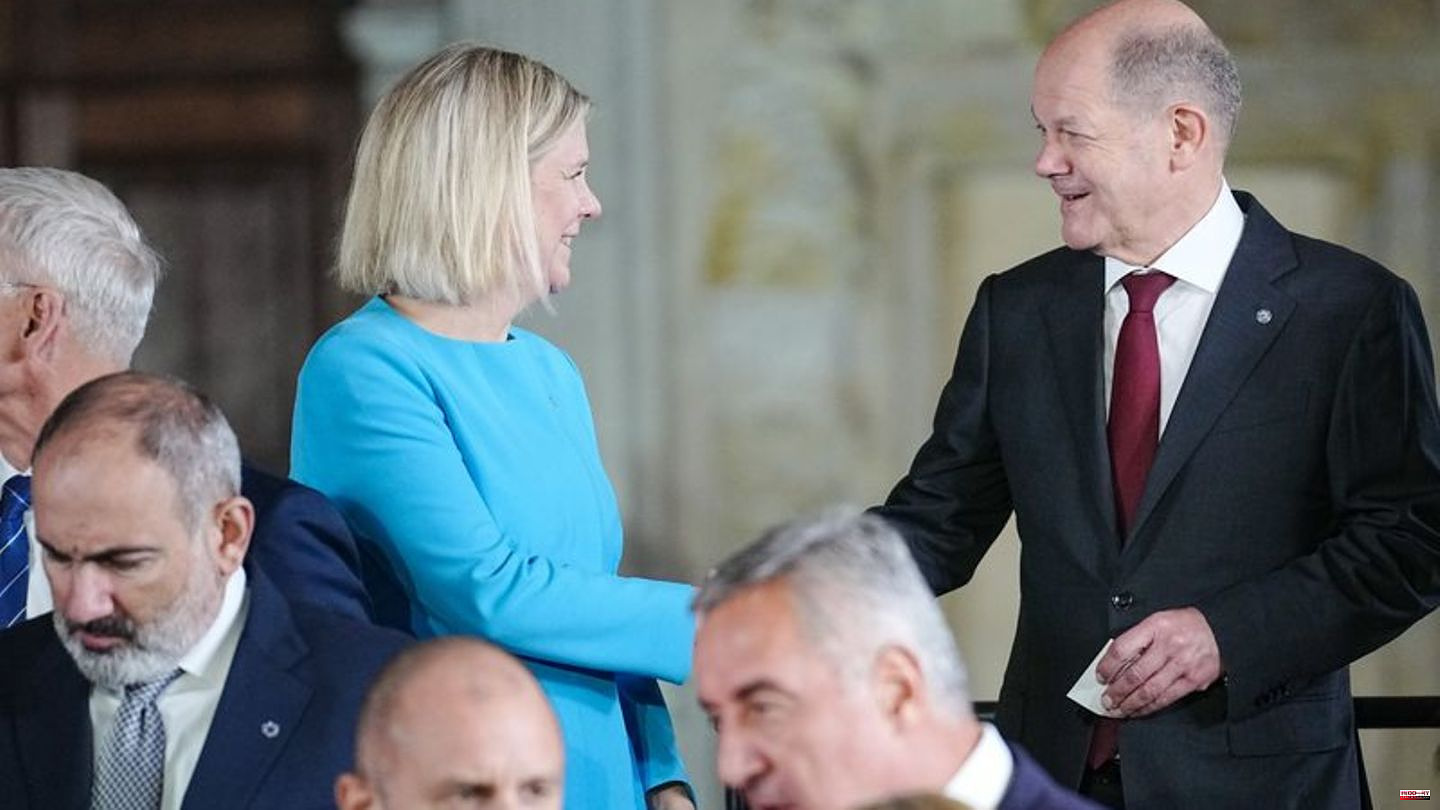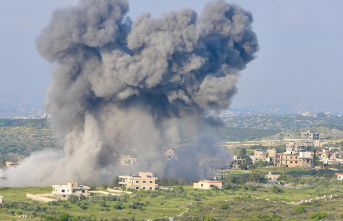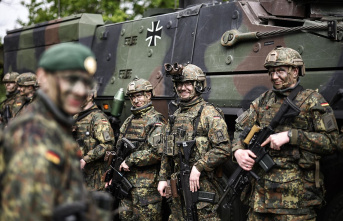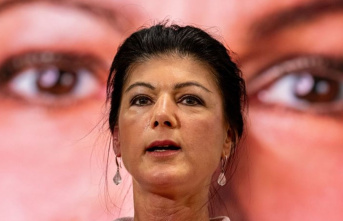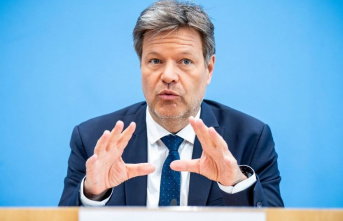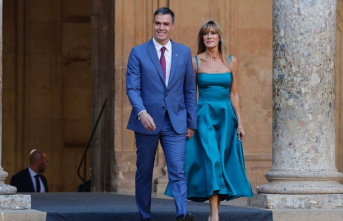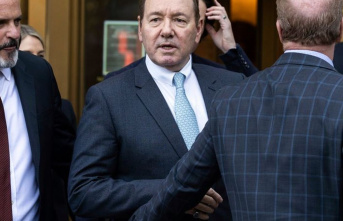The EU states have founded a new political community with almost all other European countries as a sign against the Russian war of aggression in Ukraine. The heads of state and government of the more than 40 partners involved met on Thursday in the Czech capital of Prague for a first meeting in the new format. Among them was Chancellor Olaf Scholz, who described the so-called European Political Community as a "great innovation".
The aim of the new association is to enable closer exchange between EU countries and partners outside the EU. "We share a common environment, often a common history, and we are called to write our future together," said French President Emmanuel Macron in Prague, who proposed the creation of the community in May. He hopes that the new group will meet every six months and that joint projects can result from this.
At the first meeting in Prague, apart from Russia's war against Ukraine, the energy crisis and the economic situation were on the agenda. The gathering should also send a clear message to Russian President Vladimir Putin that he is almost completely isolated on the European continent.
Poland warns of "Germany's dictates" in energy policy
Before the summit, Polish Prime Minister Mateusz Morawiecki sharply criticized German energy policy. "It is clear that the European Union's energy policy should not be implemented under Germany's dictates," said Morawiecki on Thursday. Germany had already “taught others and behaved very arrogantly” during the Corona and financial crises. "Today, the same state, using the tremendous power of its economy and its capital, wants to allocate enormous funds, namely 200 billion euros, to help its industry alone."
Other heads of government also criticized the German plan to cushion the high energy prices with 200 billion euros by 2024. On Friday, the 27 heads of state and government will discuss joint action in the energy crisis.
Scholz talks to Truss about energy cooperation
Federal Chancellor Olaf Scholz (SPD) and the new British Prime Minister Liz Truss spoke, among other things, about closer networking of the energy supply of their two countries. In addition, it was about investments in offshore wind farms, economic cooperation and cushioning the high energy costs, it was then said by the German side. It was "a very friendly and nice meeting".
Some countries do not support the EU sanctions policy
"We must continue to stand firm - to ensure Ukraine wins this war," said new British Prime Minister Liz Truss. Scholz said it was important to reject this attack and not accept that part of a neighboring country was being annexed. However, the challenge for the new community is that states such as Turkey and Serbia, for example, do not support the EU sanctions policy against Russia.
Zelenskyy calls Russia the most anti-European country in the world
Ukrainian President Volodymyr Zelenskyy has called for solidarity with his country. "There are no representatives of Russia here - a state that appears to be part of Europe geographically, but is the most anti-European state in the world in terms of its values and behavior," said the 44-year-old on Thursday. He was connected via video link to the Prague summit of more than 40 heads of state and government from across Europe. The format goes back to an idea by French President Emmanuel Macron.
Besides Putin, only the Belarusian ruler Alexander Lukashenko was not invited to the meeting of the new European Political Community (EPG). He is considered to be Putin's close and only ally in Europe. Ukraine was represented at the meeting by Prime Minister Denys Schmyhal. President Volodymyr Zelenskyj was connected via video and, according to participants, called for security guarantees, among other things. He called the meeting an opportunity to restore peace in Europe. The war must be won so that Russia does not attack other countries as well.
It was still unclear exactly how the cooperation between the more than 40 countries should be organized - for example, whether they should also be able to make concrete decisions in the future and if so, how? British Prime Minister Liz Truss made it clear that she expects concrete results. "It must not be a round of chatter," she wrote about the first summit in a guest article in the "Times". She wants to see concrete action in security, energy and migration policy. In the new round, she will work to ensure that non-EU countries - including Great Britain, Norway, Switzerland and Ukraine - are given a strong voice.
Scholz: New format is no substitute for EU expansion
Chancellor Olaf Scholz, on the other hand, made it clear that he is not necessarily concerned with concrete results. In the new format, you can "talk about common concerns for a whole day in different formats and simply free of an agenda and the need to make decisions," said the SPD politician in Prague. This is good for peace, for the security order and good for economic development. In addition, the EU can improve relations with its neighbors, many of whom want to join the EU.
Scholz was alluding to the fact that, in addition to Ukraine, the new community also includes the Republic of Moldova and the six western Balkan states of Serbia, Montenegro, North Macedonia, Albania, Bosnia-Herzegovina and Kosovo. Chancellor Scholz had recently emphasized several times that the new community should not be a substitute for EU expansion.
Next summit in Moldova
The new community wants to organize their next meeting in the Republic of Moldova, which is under pressure from Russia. Spain and the United Kingdom follow as hosts. A spokesman for the Belgian said that this order was suggested by EU Council President Charles Michel to the participants of the new forum in the Czech capital Prague. The proposal was welcomed by everyone in the room. Moldovan President Maia Sandu said after the meeting that she was looking forward to welcoming the other heads of state and government in the capital, Chisinau, in spring 2023.

